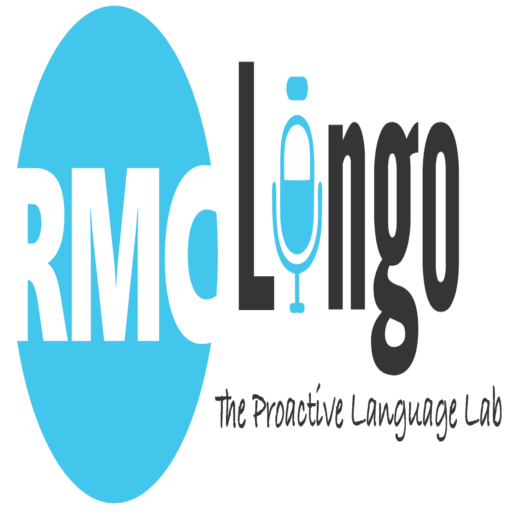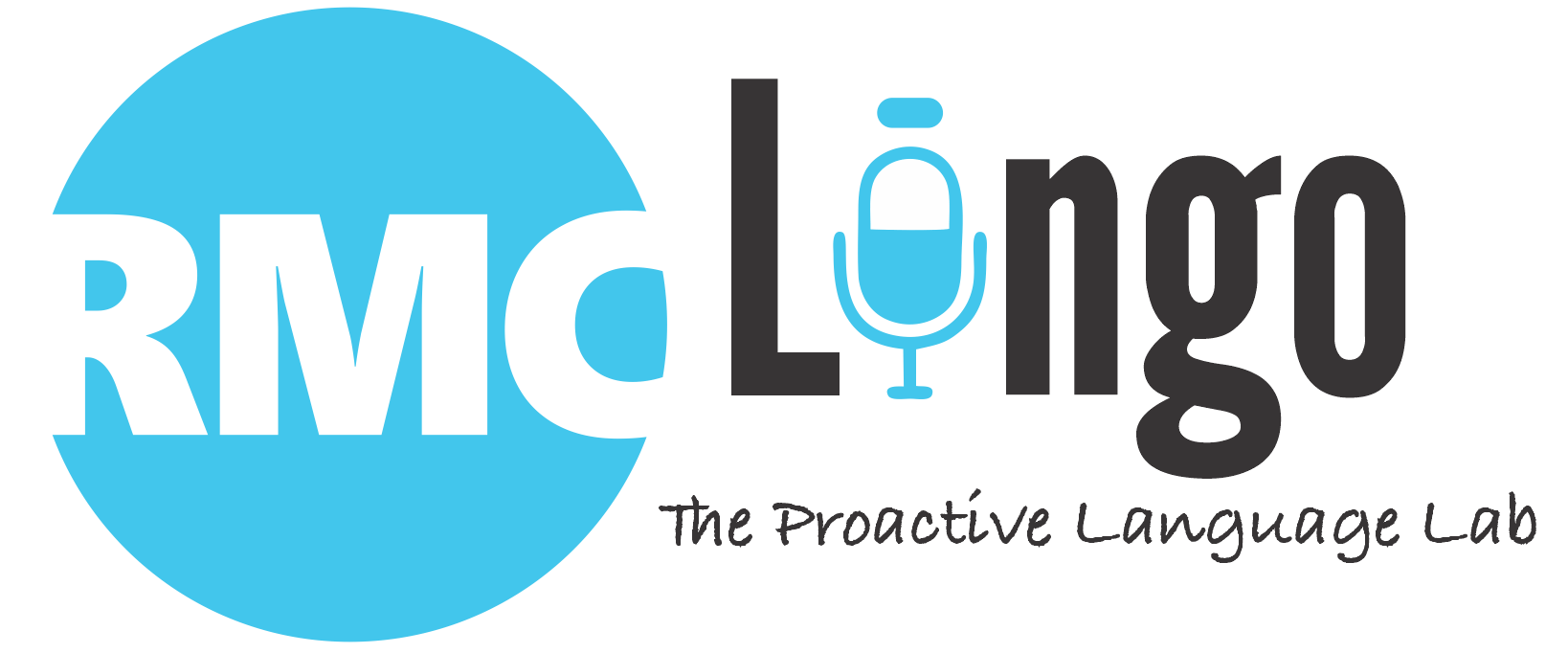The Differences Between TOEFL and IELTS
Overview
It has been a while nearly from many years ago to the present day that two standard exams of IELTS and TOEFL have been applied with the purpose of evaluating the candidates pursuing their higher-education goals and/or immigrating to English or non-English-speaking countries. differences between TOEFL and IELTS, This research intends to compare the Test of English as a Foreign Language (TOEFL) Internet-based test (iBT) with the International English Language Testing System (IELTS) regarding the format, content and grading of the test. Recently, these two exams have played a prominent role as gatekeepers into English language institutions and society. In this Blog you will be described in the literature review and based on studying various comprehensive comparison researches as the methodology there will be a detailed explanation of IELTS and TOEFL exams in terms of format and content criteria separately. Subsequent to comparing each section of both exams in the discussion section the similarity and some differences will be mentioned there. Finally, it will be conducted that while the two tests have some similarities such as the same four sections of reading, writing, speaking, and listening, it doesn’t mean that the same abilities are being measured in each exam and its section. In addition, it has been recommended that whether a test taker wants to take the IELTS and or chooses the TOEFL, he or she should decide with regard to his or her interests as well as skill assessment tests.
Differences between IELTS and TOEFL
Generally, on a global scale, the TOEFL iBT is taken in 165 countries at about 4,500 test centers. The IELTS is taken in more than 130 countries and more than 800 test centres. More than 0.7 million people take the TOEFL iBT per year, and about 2.5 million people take the IELTS per year. (Moreover, other detailed differences have also been shown below in the following table.
Table of differences between IELTS and TOEFL
|
|
IELTS (ACADEMIC) |
TOEFL (IBT) |
|
Owned by: |
British Council, IDP:IELTS Australia and Cambridge English Language Assessment |
ETS |
|
Test delivery format |
Paper-based |
Computer-based |
|
Length |
2 hours and 45 minutes |
4 hours |
|
Test sections (in order): |
Listening: 30 minutes Reading: 60 minutes Writing: 60 minutes Speaking: 11-14 minutes (section can also be taken before the other three sections) |
Reading: 60-80 minutes
Listening: 60-90 minutes
Speaking: 20 minutes |
|
Test sections (in order): |
Listening: 30 minutes Reading: 60 minutes Writing: 60 minutes Speaking: 11-14 minutes (section can also be taken before the other three sections) |
Reading: 60-80 minutes
Listening: 60-90 minutes
Speaking: 20 minutes |
|
|
|
Writing: 50 minutes |
|
Speaking section format: |
In-person with an examiner |
Computer-based (students speak
into a headset microphone |
|
Breaks |
No breaks during the listening, reading and writing sections, but the speaking portion can be taken up to a week before or after the rest of the test |
10-minute break between listening and speaking sections |
|
Accents test-takers might hear: |
Australia, Canada, New Zealand, the U.K. and the U.S. |
Australia, Canada, New Zealand, the U.K. and the U.S |
|
Where the test is offered: |
More than 1,100 locations in
some 140 countries worldwide |
Results are issued approximately
10 days after the test |
|
Scoring scale: |
zero to 9 |
zero to 120 |
Brief Explanation About TOEFL and IELTS
a) Speaking
TOEFL – Once again the speaking section differs greatly between the TOEFL and the IELTS exams. On the TOEFL you are asked to record responses on the computer of 45 to 60 seconds to six different questions based on short descriptions/conversations. The speaking section of the test lasts 20 minutes.
IELTS – The IELTS speaking section lasts from 12 to 14 minutes and takes place with an examiner, rather than a computer as on the TOEFL. There is a short warm-up exercise consisting mainly of small talk, followed by a response to some sort of visual stimulus and, finally, a more extended discussion on a related topic.
B) Listening
TOEFL – The listening selection is very different from the IELTS. In the TOEFL, you will have 40 to 60 minutes worth of listening selections from lectures or campus conversations. Take notes and respond to multiple choice questions.
IELTS – The largest difference between the two exams is in listening. In the IELTS exam, there are a wider variety of question types, as well as exercises of differing lengths. You will answer questions as you move through the listening selection of the test.
c) Reading
TOEFL – You will have 3 to 5 reading selections of twenty minutes each. Reading materials are academic in nature. Questions are multiple choices.
IELTS – 3 reading selections of twenty minutes each. Materials are, as in the case of the TOEFL, related to an academic setting. There are multiple type questions (gap fill, matching, etc.)
d) Writing
TOEFL – Two written tasks are required on the TOEFL and all writing is done on the computer. Task one involves writing a five-paragraph essay of 300 to 350 words. Note taking is important as the second task asks you to take notes from a reading selection in a textbook and then a lecture on the same topic. You are then asked to respond using notes by writing a 150- to 225-word selection integrating both the reading and listening selection.
IELTS – The IELTS also has two tasks: the first a short essay of 200 to 250 words. The second IELTS writing task asks you to look at an infographic such as a graph or chart and summarise the information presented.
Which one to Choose?
First off, determine which test(s) the institutions you’re interested in will accept. If you’re not constrained, consider which test fits you best: IELTS or TOEFL.
TOEFL is longer, but conducted entirely with a computer, so if you’re nervous about your handwriting — or your English when talking with a native speaker — it may be a good fit for you. IELTS is a shorter, perhaps more intense test, with a broader variety of questions and tasks, including speaking directly with an examiner.
Ultimately, which test is right for you comes down to your preferences. Each test is accepted by thousands of institutions worldwide, and has test dates throughout the year. The IELTS and TOEFL tests are common for Canada, and if the institutions you’re interested in will accept either, then you’re free to choose. Once you’ve decided, it’s time to study — but that’s a story for another time!
The key difference between IELTS and TOEFL
So let’s summarise some of the main differences between IELTS and TOEFL with some key questions that may help you to decide what your preference is.
Where do you want to go?
- TOEFL is more geared towards entry to US educational establishments (it can’t be used for a UK visa)
- IELTS is more for work, immigration or study in UK, Canada, Australia, and New Zealand
What type of test format do you prefer?
- TOEFL has some integrated elements in its test, with combined listening, reading, speaking and writing activities
- Each skill is tested separately in IELTS
Do you like multiple-choice type questions?
- TOEFL has mostly multiple-choice types questions in its reading and listening
- IELTS has a greater mix of question types, with the candidate often having to write in answers
Is reading your strong point?
- TOEFL reading uses only high-level academic texts
- IELTS is still high-level but has a mix of journal and magazine type articles. Also the General Training readings are easier.
Do you prefer writing by hand or by computer?
- TOEFL is nearly always computer-based
- IELTS is now much more computer-based, but there is usually the choice to do a paper-based test if you prefer that
Do you want the test for general migration or work?
- TOEFL is mainly for educational and academic purposes
- IELTS has the General Training test, which tends to be slightly easier in its writing task 1 (a letter) and its readings (text based on adverts; instructions etc)
Do you like speaking to a real person or does this make you nervous?
- TOEFL speaking is speaking into a microphone, with your speaking assessed later
- IELTS speaking is taken with an examiner who’ll ask you questions and listen to you speaking
Where can you travel to take the test?
- You might prefer one test over another simply because it has a location much nearer to you.
Is cost a factor?
- There is no real difference between IELTS and TOEFL in price as they cost around the same amount to take, but it can vary a bit from country to country, so it’s worth checking this.
About Author:
Vikash Kumar Pal is an experienced professional SEO expert and strategist. With a deep understanding of Google algorithms, Vikash has dedicated his career to helping businesses achieve organic growth through effective search engine optimization strategies.
His expertise spans across various aspects of SEO, including professional organic SEO services, advanced local SEO services, expert on-page SEO services, advanced keyword research services, and advanced technical SEO services. Vikash has a proven track record of delivering exceptional results, helping businesses improve their online visibility and connect with their target audience.





